Eight regions of the country are back in the coronavirus red zone, the health authorities announced at their regular weekly briefing. The third Covid-19 wave could hit Bulgaria within three weeks with an exceedingly high infection rate, General Ventsislav Mutafchiyski, head of the National Coronavirus Headquarters warned. However, for now, the number of daily recoveries continue to be double the number of new infections.
There will be a gradual increase in the number of coronavirus infections in February – whether it will be slow or whether the numbers will soar and hospitals will start to overflow will depend on how the restrictions are observed, said Chief State Health Inspector Assoc. Prof. Angel Kunchev. On his part, General Ventsislav Mutafchiyski reiterated that during the previous wave the peak was reached in the space of seven weeks, whereas now we are starting out from much higher levels (113 infections per 100,000). He called for two things – that hospital directors prepare for a surge in the number of patients, and that the public realize that if something is permitted that does not mean it is safe.

Minister of Health Prof. Kostadin Angelov announced that the idea is being considered of testing school children in the same way that school teachers are being tested using antigen tests. However this will need the approval of the parents. 28,542 people working in the sphere of secondary education have so far been tested.
Bulgaria is 26th in the EU in the number of infections on a 14-day basis with 90 cases per 100,000, and 13th in fatalities with 9.9 per 100,000 people. At the moment 10 people infect 12, Professor Dr. Todor Kantardzhiev, Director National Center of Infectious and Parasitic Diseases stated. In his words if we relax the anti-epidemic measures the number of infections could hit 29, that is why he urges the public to wear masks. As to the bed occupancy rate in Covid-19 wards - 32% of the beds are occupied by patients with a milder form of the infection, the occupancy rate in intensive care units is 38%. Data show that the average age of the newly diagnosed patients in the country is 52, and of deaths – 74.

94,920 doses of both kinds of vaccine have been delivered in Bulgaria so far, of them 50,124 doses have been administered. As to the vaccination of foreigners in Bulgaria, Assoc. Prof. Kunchev stated that foreign citizens who hold permanent residence have the same rights as Bulgarian citizens to be vaccinated in accordance with the relevant phase of the national vaccination plan. If they are medical workers they have probably already been inoculated, the rest will be able to obtain a vaccine with their GPs. Regarding the vaccination of the remaining foreign citizens on the territory of the country, this issue will be considered once vaccines have been provided to all Bulgarian citizens and there are additional quantities. “As you know there is no requirement for a person to have health insurance or to have been registered with a general practitioner. There will be vaccines for everyone in the last phase,” Chief State Health Inspector Angel Kunchev said.

The state has provided medicines and PPE for the expected third wave, the Bulgarian health minister said. Ventsislav Mutafchiyski on his part added that the five Military Medical Academy hospitals have been supplied with PPE and medicines, oxygen supplies are being looked into and the oxygen systems are being checked with the utmost care. He stressed that a vast majority of the people working at the Military Medical Academy have been vaccinated against coronavirus so no “medical losses” are to be expected.
Photos: BTA